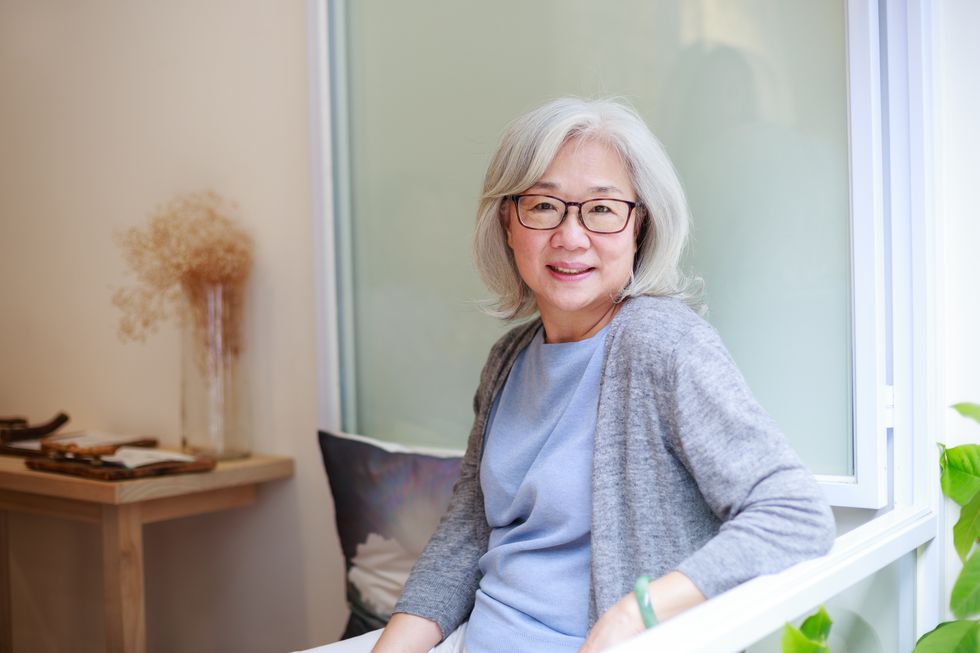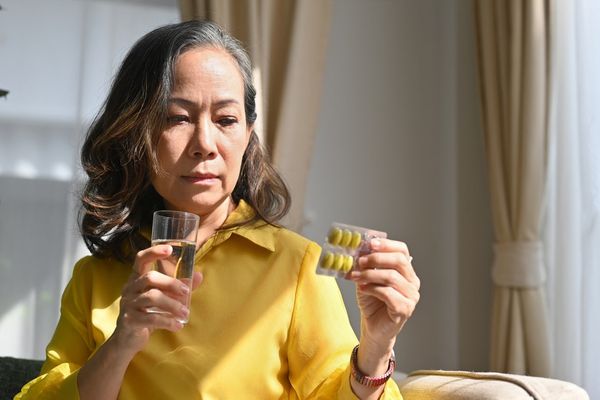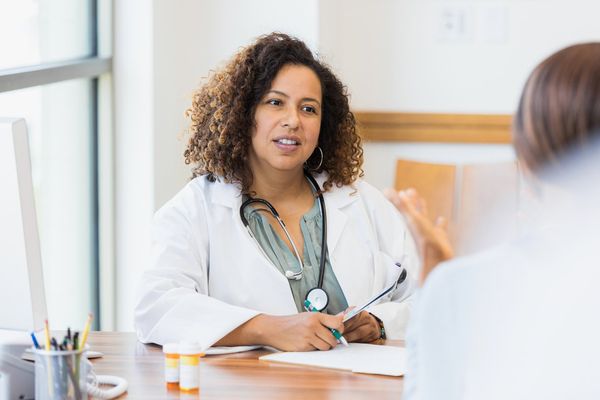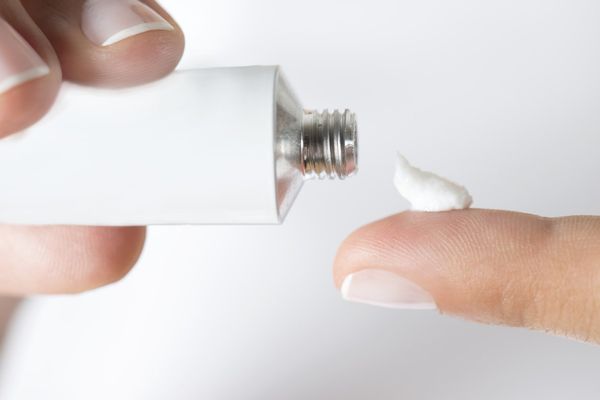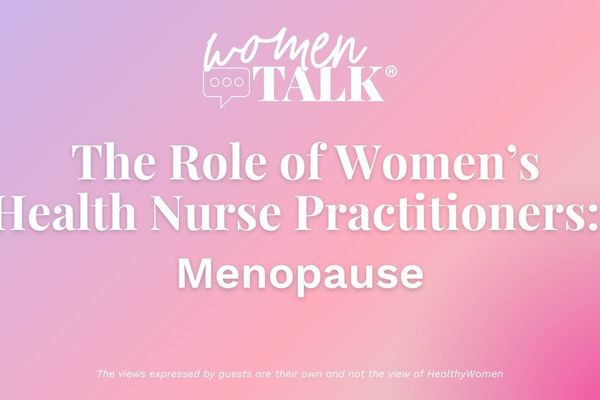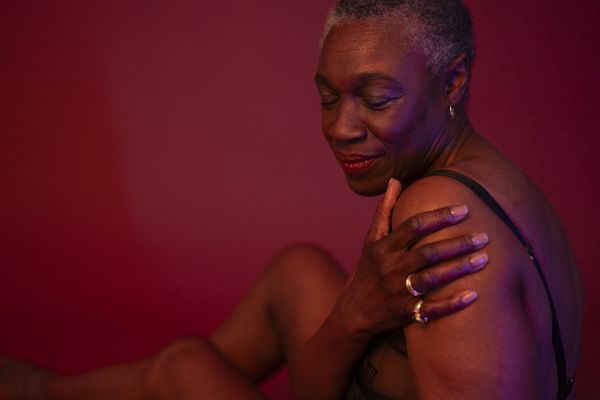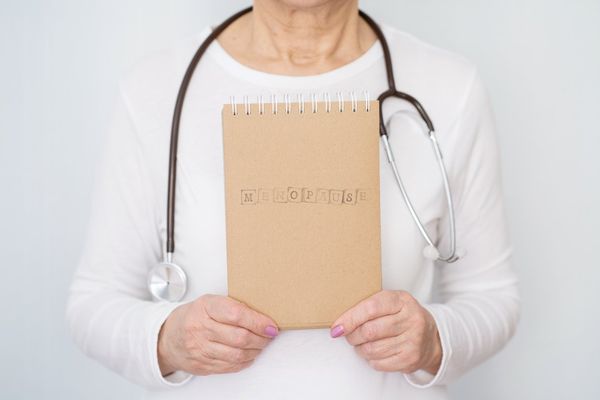American women need a change in mindset about menopause. The long held cultural belief that women in menopause and past are somehow no longer women—or that a woman who cannot procreate is sexually undesirable and thus, useless to society—is fading. And not a moment too soon.
How did society come to view a very natural biological event in such a negative light?
First, about a century ago, the average American woman lived only to age 50, never reaching menopause. This made it impossible to study and research the condition. In the absence of hard science, beliefs took shape that a woman's mood changes (memory loss, anxiousness) were linked to a "involuntary madness" unexplainable by traditional science.
Such perceptions were perpetrated even by health care providers who believed women instantly became old when they ceased menstruating. Barely one generation ago, Dr. Robert Wilson, a gynecologist and author of the 1966 bestseller Feminine Forever, described menopause this way:
Nature plays a trick on her. During her best years, she encounters menopause—the end of womanhood. … a staggering catastrophe . . . the transformation, within a few years, of a formerly pleasant, energetic woman into a dull-minded but sharp-tongued caricature of her former self is one of the saddest of human spectacles. The suffering is not hers alone—it involves her entire family, her business associates, her neighborhood storekeepers . . . multiplied by millions, she is a focus of bitterness and discontent in the whole fabric of civilization.
Nothing could be further from the truth.
Today, what we know about menopause and its management is profoundly different. Many studies have shown that women going through menopause have no greater chance of facing a severe depression than they do at other times in their lives. Yes, obvious life changes can produce stress and discomfort, but the underlying tendency to become depressed and hopeless are not permanent and not indicative of a woman's overall health.
By 2020, there will be approximately 45 million women over the age of 55 living post-menopausal. At HealthyWomen, we've seen countless women entering menopause (referred to as perimenopausal, this is the 8-10 years preceding menopause) with clear signs their ovaries are producing less estrogen. Women experience menopause differently; some experience one or two symptoms mildly while others have more severe symptoms.
It's difficult to pinpoint one thing that plagues most of these women most of the time. What I do know is they all wish they had a GPS to navigate the shortest and easiest route. Here are few ideas on how to approach menopause from a holistic perspective, keeping in mind that your health care provider is the best resource for setting a clinical course.
Develop a sense of "Me'ism." In short, it's not your mother's menopause. Let go of worn-out beliefs that it will control you instead of the other way around. To a great degree, your attitude about the changes you face will determine what becomes intolerable and what's a nuisance not worth mentioning. If you haven't already done so, prioritize your health.
Practice mindfulness. At Mayo Clinic researchers discovered that being mindful may be especially helpful for menopausal women struggling with irritability, anxiety and depression. Reported earlier this year in Climacteric: The Journal of the International Menopause Society, one author noted, "The goal during mindful moments is not to empty the mind, but to become an observer of the mind's activity while being kind to oneself. The second step is to create a pause. Take a deep breath, and observe one's own space, thoughts and emotions nonjudgmentally. The resulting calm helps lower stress." Good advice at any age.
Fine tune your intuition. At midlife you have a wealth of information, viewpoints, and tried-and-true trips for how to maintain your health and wellbeing. Along comes menopause and it can be jarring. You might wonder if it's all been for naught. Now is the time to rely upon your intuition; you know your body better than anyone else. Play close attention to the extra care that's needed.
Become your own best detective. As you approach menopause, you may question whether your health care provider is aware of and comfortable with all aspects of menopause and its treatment. The following questions can help you get started.
- How does your health care provider work with his/her patients to find the best treatment?
- How often does his/her patients need to change treatment courses and why?
- What are the risks to me, with my medical history, of hormone replacement therapy?
- What are the alternatives best suited for me if I choose a different approach?
- What are the proven long-term benefits of hormone replacement therapy?
As we celebrate World Menopause Day, it is important to retell the story that will impact 90 percent of half of the world's population: menopause is a natural, life-enhancing phase of a woman's life of equal value as her youth, adolescence, and years of potential motherhood.
It's not the end of a woman's purpose in life, it's the beginning of an exciting new one.

